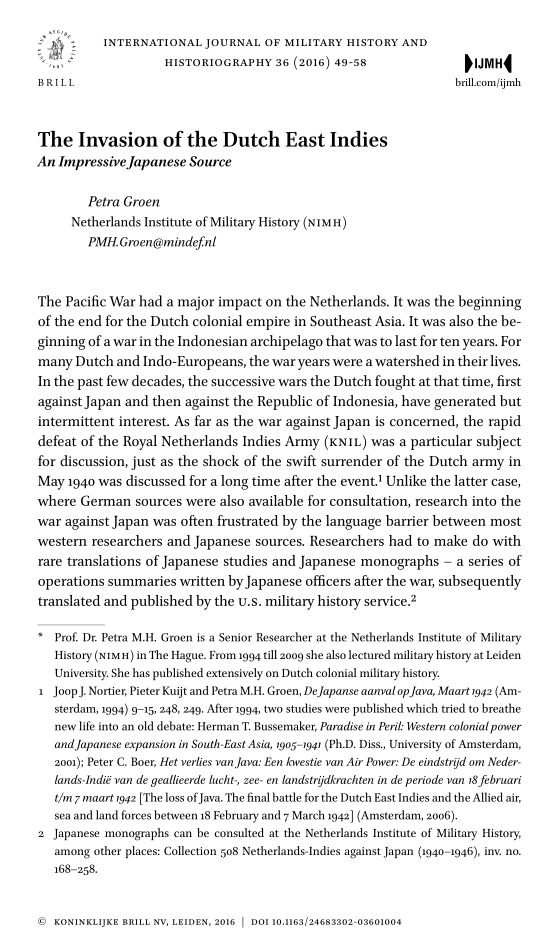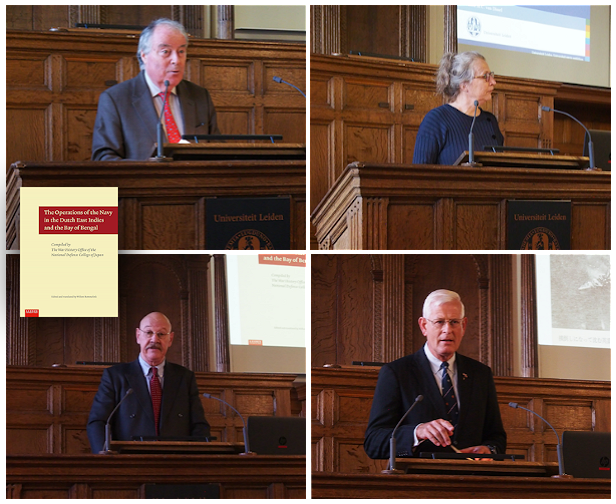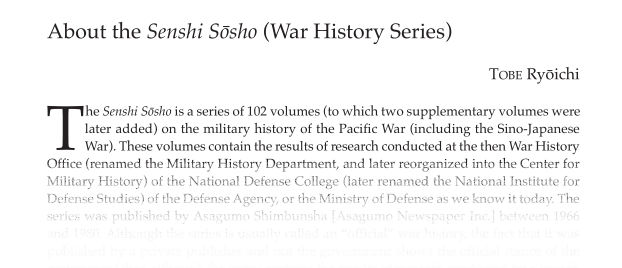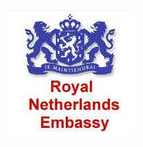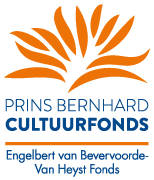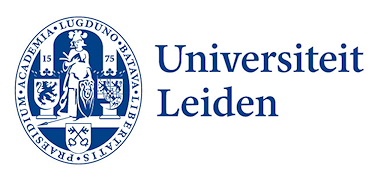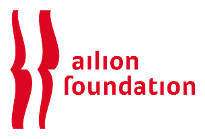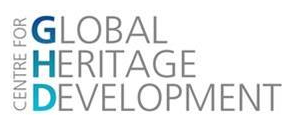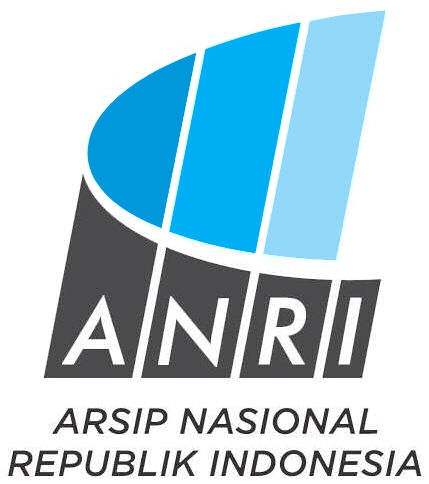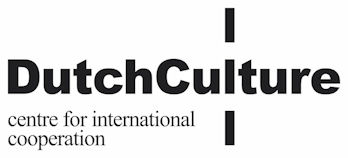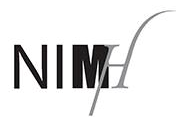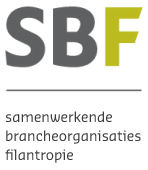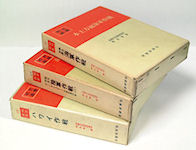
This project, funded and coordinated by The Corts Foundation, aims to translate into English a few volumes of the official Japanese publications of the war history series known as ‘Senshi Sōsho’.
The Senshi Sōsho project focuses specifically on the volumes which are relevant to the study of the Japanese attack on and the subsequent occupation of the former Dutch East-Indies in the period of 1941 to 1945. The focus of TCF is not to translate texts about the general operations of Japanese forces, but only to describe the operations in the former Netherlands East Indies which were not translated before. These volumes deals with the Japanese campaign in the Netherlands East Indies in all its aspects (Army, Navy and their air forces).
A significant role in this project will be for the Leiden University Office Tokyo (“LUOT”) (see website at www.luot.jp) as we will employ Japanese translators in Japan for translating and editing, while final editing will be executed in The Netherlands.
To guarantee optimal results TCF works closely with members of an Advisory Board in Japan and in the Netherlands. TCF executes thus the project with much attention to transparency and with applying incremental steps in our project management (as we have realized so far with the “DASA- project”in Indonesia). Risk mitigation plays an important aspect as is periodic project reporting.
Intermezzo: The introduction on the Senshi Sōsho series, by prof. Tobe Ryōichi here after >>
The task of compiling the official account of the Japanese involvement in World War II, the Senshi Sōsho (war history series), began in October 1955 with the opening of the War History Bureau ( the present Military History Department of the “National Institute for Defense Studies” in Tokyo. The bureau was led by Colonel Nishiura Susumu, a senior official in the War Ministry during the war. The 102 volumes of the series – the first of which was published in 1966 and the final one in 1980 – include 37 volumes on the Imperial Headquarters, 34 volumes on army campaigns, 21 volumes on navy campaigns, nine volumes about air services campaigns, and one volume of chronology.
The so-called Japanese Monographs and Studies published in the late nineteen-forties were the first effort by historians (mostly U.S. Army and Navy general staff officers) to record in English the Japanese military history of the war of 1937-45.
The archive material used for these Monographs and Studies was also the foundation for the 102-volume Senshi Sōsho history of the war written during the 1960s and 1970s. The Japanese War History Office in Tokyo was able to add more detailed information, including new data that came from Japanese documents returned to Japan in 1958 by the Allies which contained personal diaries and interviews with senior officers, etc. These Senshi Sōsho volumes and a few additional volumes, compiled later, were only published in Japanese.
In 2015 TCF realised Senshi Sōsho volume 3, called “The Invasion of the Dutch East Indies”, followed in 2018 by 'The Operations of the Navy in the Dutch East Indies and the Bay of Bengal'. Preparations have started for the third Senshi Sōsho volume 34 named 'Army Air Drive to the Southern Pacific' concerning the Japanese air force. This will be the closing phase resulting in the three volumes that together (Army force, Navy and Air force) give an impression of the Japanese invasion in the Dutch Indies.
See also news articles:
- 2015 presentation Senshi Sōsho volume 3
- 2018 presentation Senshi Sōsho volume 26
- 2021 presentation Senshi Sōsho final volume
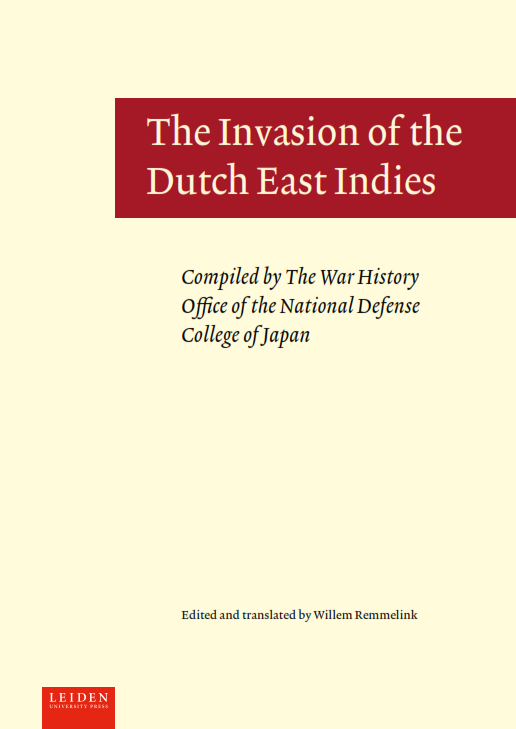
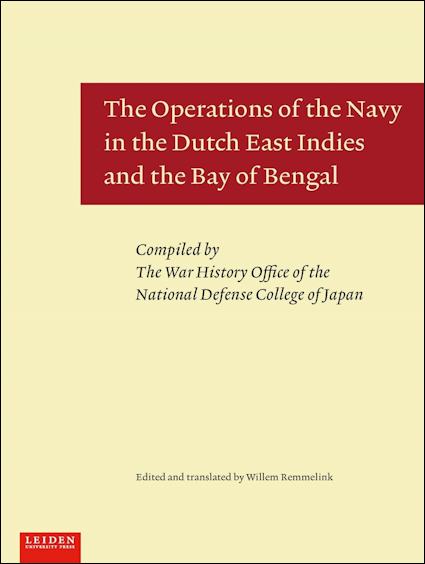
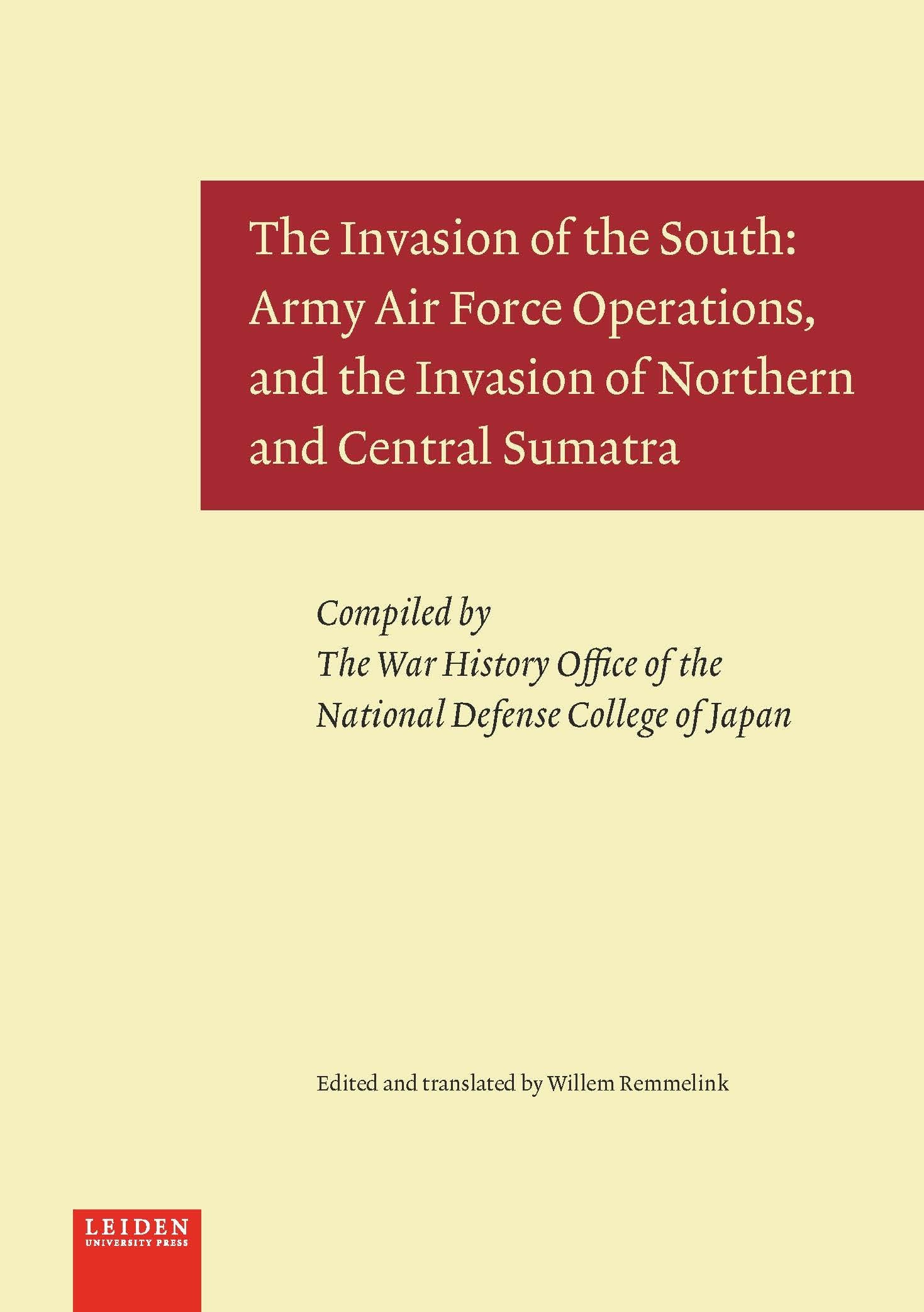
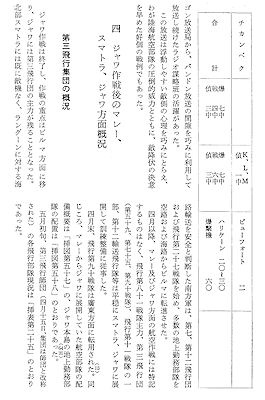
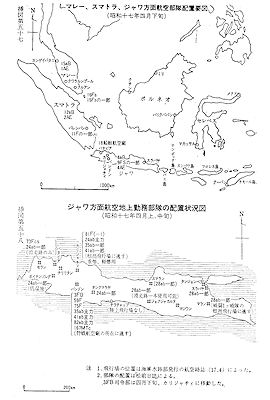
The publication of both volumes was made possible by the financial support of not only the Corts Foundation, but also the Isaac Alfred Ailion Foundation, the Suntory Foundation, the Gravin van Bylandt Stichting, the Netherlands Institute of Military History (NIMH), the Samenwerkende Maritieme Fondsen (i.e. Vaderlandsch Fonds ter aanmoediging van ’s-Lands Zeedienst, Directie der Oostersche Handel en Reederijen, and the Vereeniging de Prins Hendrik Stichting).
If you are interested in more detailed information on this project, please contact Joan Snellen van Vollenhoven of The Corts Foundation.

